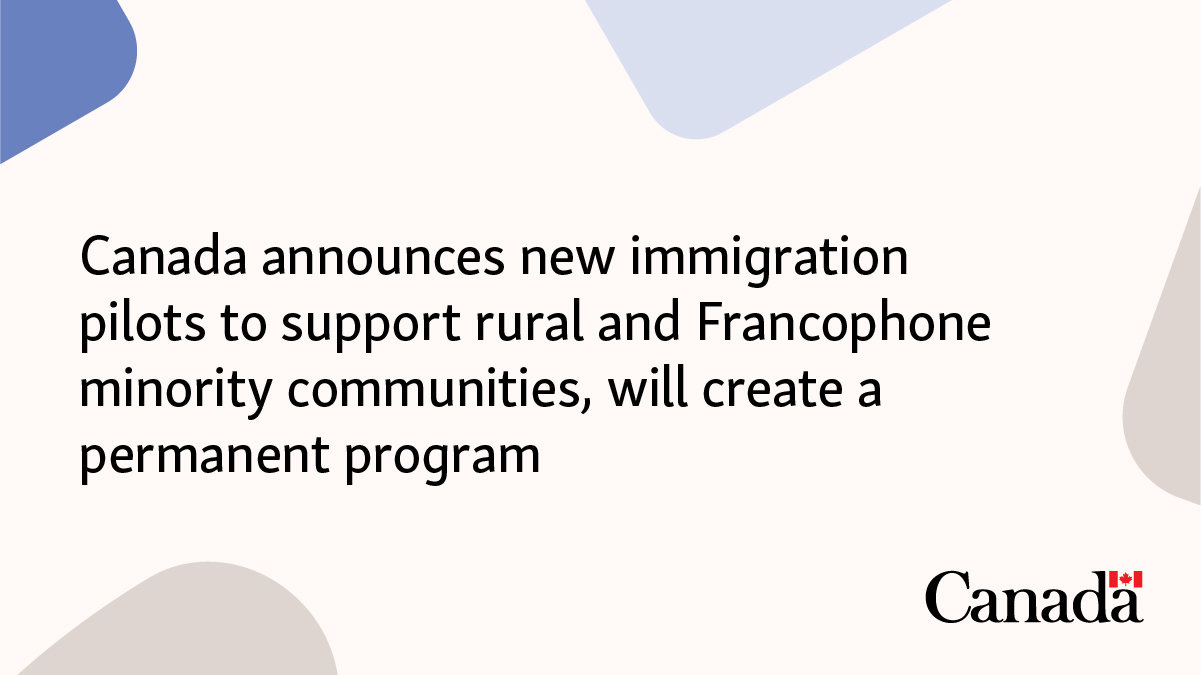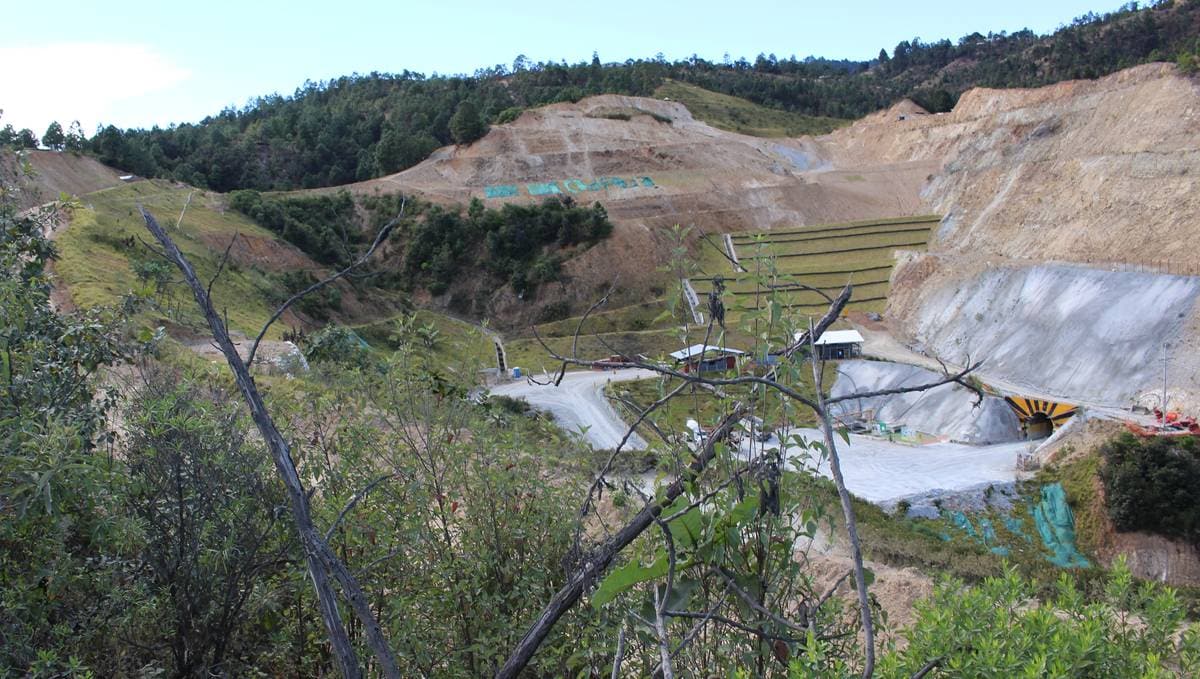March 6, 2024—Sudbury, Ontario—Rural and Francophone minority communities are essential to Canada's long-term growth, and regional immigration plays a key role in strengthening their economies. In particular, the Rural and Northern Immigration Pilot (RNIP) has been successful in connecting businesses and employers in remote communities with the skilled newcomers they need to thrive.
This is why today, the Honorable Marc Miller, Minister of Immigration, Refugees and Citizenship, announced new pilot projects for rural and francophone minority communities, while Immigration, Refugees and Citizenship Canada (IRCC) continues to work on creating a permanent rural immigration program. These are the Rural Community Immigration Pilot Project and the Francophone Community Immigration Pilot Project.
The Rural Immigration Pilot will launch in fall 2024. It aims to ensure that rural communities continue to have access to programs that address labor shortages and help local businesses to find the workers they need. It will provide pathways to permanent residency for newcomers who can help overcome severe job shortages and who want to live long-term in these small communities.
Modeled on the success of the RNIP and as part of our Francophone Immigration Policy, we are also launching the Francophone Community Immigration Pilot Project in the fall of 2024. The pilot project will focus on increasing the number of newcomers Francophones settling in minority Francophone communities outside. of Quebec and will help ensure the economic development of French-speaking minority communities, while helping to restore and increase their demographic weight.
IRCC will open the community application process this spring to select communities that will participate in the pilot projects and will share more details in the coming months.
As we work to make the RNIP a permanent program, these new pilot projects will help attract and retain qualified foreign workers in rural and French-speaking minority communities, thus contributing to their economic and linguistic vitality. IRCC looks forward to continuing its collaboration with these communities as we work together to strengthen our immigration programs.

“Explorer. Food advocate. Analyst. Freelance bacon practitioner. Future teen idol. Proud pop culture expert.”







